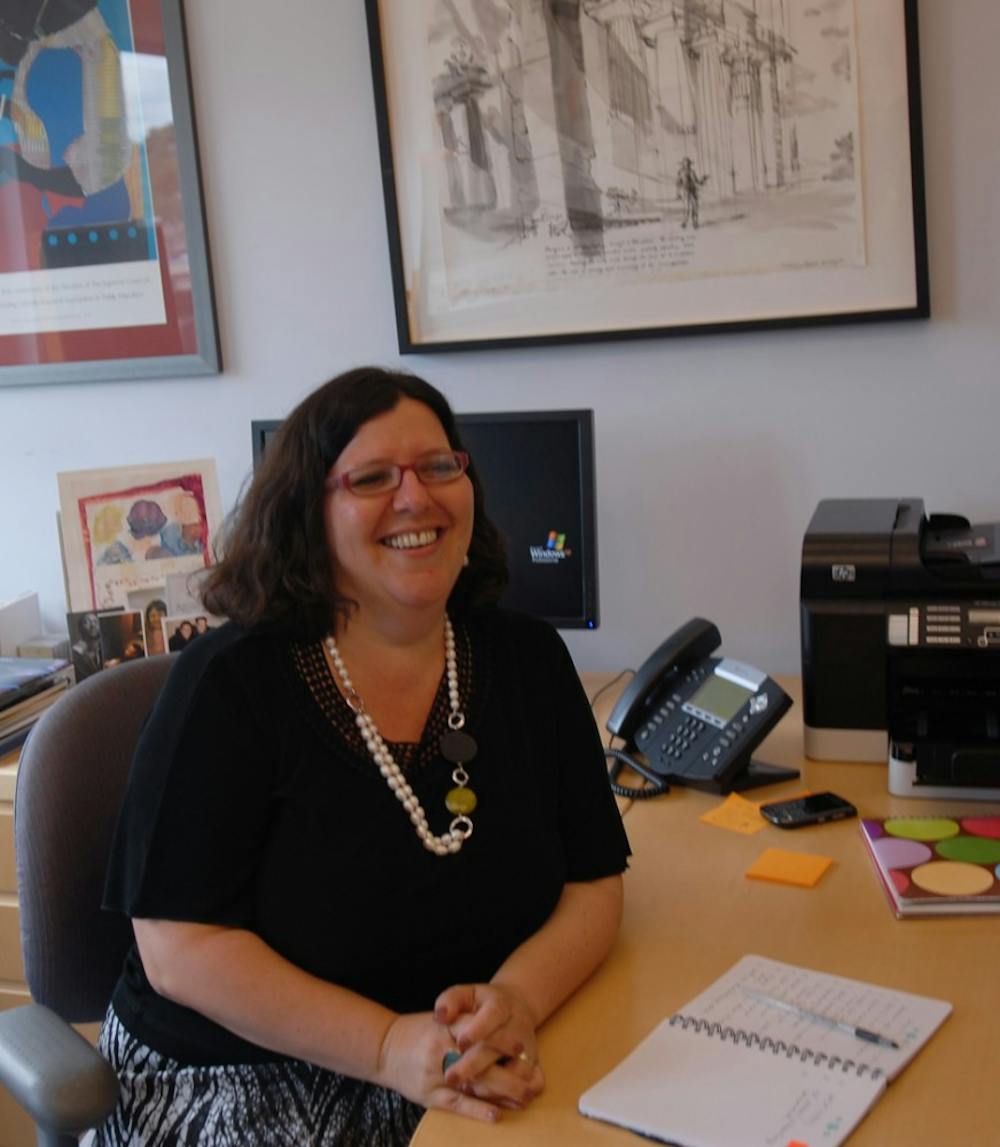When Graduate School of Education professor Marybeth Gasman first started her research on Historically Black Colleges and Universities, people cautioned her against it.
“Someone told me, ‘Don’t do that. Your work is going to become ghetto-ized and you’ll never be seen as credible,’” Gasman said.
Despite those warnings, she is heading into her eighth year as a Penn professor and will be speaking today at 2 p.m. at the White House Initiative on HBCUs’ National Conference in Washington, D.C.
The conference, which started Sept. 12 and will end tomorrow, features themes such as retention and graduation rates of HBCUs, Gasman said.
Her own lecture is titled “Fundraising at HBCUs: An All-Campus Approach.”
Explaining her selection as a speaker for the conference, Gasman said she has worked “on and off” with the executive director of the initiative, John Wilson.
“He had read my book envisioning black colleges before he even took that position … and when the White House-sponsored conference was being planned he asked if I wanted to do a session on fundraising,” she explained.
HBCUs may seem like a narrow field to some, “but to me, studying black colleges is a way to study American society, social and racial relations, political history, economic history — all kinds of things,” Gasman said.
“On occasion, I’ve had people ask me, ‘Isn’t there anything else?’ and I don’t think people would ever ask that about historically white institutions,” Gasman said. “There are so many questions — well, those same questions can be asked about historically black institutions.”
Gasman’s students are pleased to learn more about a subject in which they had preconceived notions.
“Gasman’s classes actually really got me to seriously think about HBCUs,” W.E.B. DuBois House Dean Patricia Williams said. “In spite of the fact that I’m a black woman, I didn’t know enough about these schools.”
According to Williams, research in Gasman’s classes “helped change [her] perceptions … as opposed to listening to what white people were saying negatively about them.”
After taking a class with Gasman, Williams now hopes to become a higher-lever administrator at a small liberal arts community college or an HBCU.
Gasman is also currently working with former student Valerie Lundy-Wagner, who just graduated with a doctorate in Higher Education at Penn, on a paper tying college expenditure to graduation rates.
There are several models that depict the correlation between funding and graduation rates, Lundy-Wagner said, but “the purpose of this paper is to show that a lot of the public policy in these statistical models made for predominantly white institutions don’t always apply to HBCUs.”
Like Williams, Lundy-Wagner also appreciates the opportunity to do research. “I think a lot of academics don’t have a good sense of self to place themselves in the back seat, but she knows how to give students space and time,” she said.



